---------------------------------------------------------
Animals have been an important part of my life since I was born. There was not a day that I didn’t count my family members not just as the humans I loved, but also the numerous cats, dogs, fish, hamsters, gerbils, and more that shared our home while I was growing up. My parents divorced when I was a teenager and my sister and I would alternate weeks between our parents. Our two cats switched homes along with us, just like fluffy little siblings.
Anatole France once said:
“Until one has loved an animal, a part of one’s soul remains unawakened”
These furry little friends make their way into your heart, and it is never easy when they pass. For most of my life, I had a “normal” amount of animals so dealing with animal deaths was a very rare occurrence – scary and sad and hard to talk about. When my husband and I started our little backyard farm and the number of animals we cared for got to be more and more, the unfortunate side effect was dealing with death more often.
Keeping livestock is different than keeping traditional pets, and there can be a steep learning curve. For the first time you need to be worried about disease, parasites, extreme heat & cold, and of course predators. Add to that livestock that are excellent at hiding illness or injury until they are right at death’s door, the difficulty of finding a farm vet in the suburbs, and the cost of treating dozens and dozens of animals and the death toll can keep rising.
This is possibly the most difficult part of homesteading, and the part that no one wants to talk about. But I think it’s something that is important to prepare yourself for when you start to add animals to your farm.

Livestock vs Pets
I don’t raise my chickens, ducks, or rabbits for meat. While I do enjoy the eggs and fiber they provide that is not the only reason why I raise them. So are they really livestock? Are they pets? For me (and lots of other hobby backyard farmers), they are somewhere in between. They all have names. I talk to them. We enjoy visiting them. I cry and mourn them when they pass. But they are still not quite at “pet” level. As much as I love them, I don’t put them quite at the same level as my dogs or cats.
When my dog needed $1800 knee surgery, there wasn’t a question in mind. We were doing it, even though we had to finance it. She wasn’t going to die if we didn’t do it, but it was really affecting her quality of life and that was enough for me. One of our ducks has a birth defect that affects her legs. She can’t walk very well. She can manage but she can’t keep up with the other ducks. She doesn’t seem to be in pain, so we have let it go. If it gets to the point where she is in pain, we will have to put her down. There might be a surgery that could fix it, but I would not spend $1800 to fix it.
To me this illustrates the difference between livestock and pets. Pets are members of the family. Livestock are loved and cared for, I give them a good life while they are here, their lives are respected. I give them everything I can within reason. It’s a difference that is hard to put into words, and I would have thought it was heartless before I became a backyard farmer. Perhaps it is a difference that had to evolve to help me deal with their deaths, a way to protect my heart a little bit.

Predators
Ah the great Circle of Life. It sounds so magical and natural when it’s sung about by animated Disney characters. It’s not so magical when it comes to your farm. You can take all the right steps, make all the right moves, but there is no way to 100% keep your outdoor animals safe. If a predator is hungry enough, it will find a way.
We like to let our birds enjoy the freedom to explore the yard. We know that this comes with it’s own set of risks, but we decided it was better to let them live as naturally as possible. It makes me sad thinking about such a potentially terrible end for their lives, but I know that while they were under our care they enjoyed each day full of fresh grass, bugs and dust bathing with friends.
Disease
Chickens, rabbits and most other “traditional” livestock animals are used to being at the bottom of the food chain. They have been prey for so long, they have evolved to be strong in the face of illness. To show weakness leaves them as an easy target for predators. Because of this, unless you are really observant, you will likely not realize your animal is sick until it is too late. To complicate this aspect of raising livestock, farm vets can be hard to come by. The cost can also be prohibitive, especially when your animal is in the late stages of a disease and often unable to be saved, or if you have a disease that is affecting dozens of animals.
The first hen we lost was such a shock. She was fine one day, the next day she was lethargic, and the day after she passed away in our arms. We felt helpless and like we let her down. I felt like a farming failure. Looking back, I’m still not sure what caused it (mostly because I didn’t know what to look for). We all cried and had a mini funeral as we buried her in the backyard. As the years have gone by, we have gotten better at spotting illness early. Click here to lean about giving a chicken a check up We have been lucky to have only lost a few hens to illness or injury, and for the most part, the ones we lost we at least feel like we did all we could.
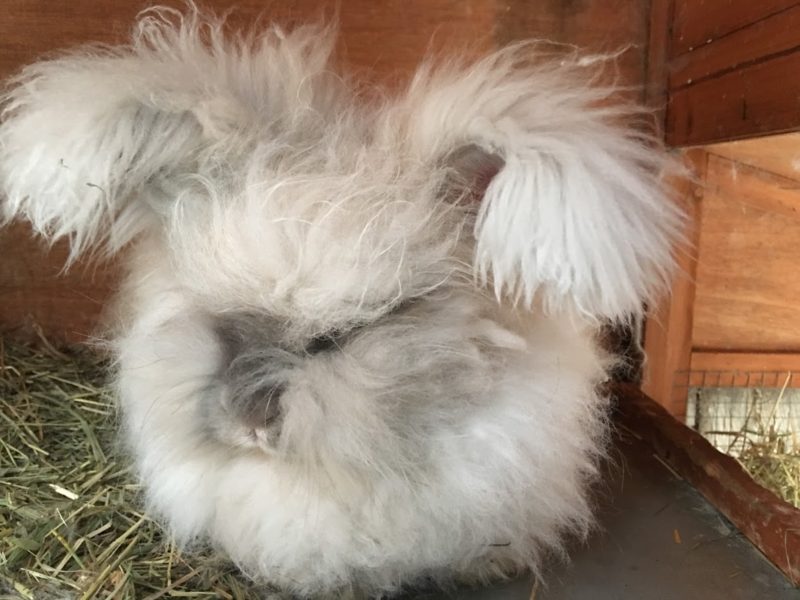
Natural Causes & Extraordinary Circumstances
Even if you are able to keep your animals safe from predators and disease, death will find them eventually. Hopefully your animals will all live a full and long life and can pass peacefully on their own, but that is not always the case. Sometimes an animal owner has to make the difficult call to help them pass. Some baby animals simply aren’t strong enough to survive. Sometimes you will lose a mom and her babies during birth. Sometimes an animal is born with a fatal defect. Sometimes animals get injured beyond repair and the only humane option is to help them pass. There are so many “sometimes” situations. The more animals you own, the more likely one or more of these issues will touch your farm.
Once we lost a young hen, not even a year old yet. I was away on a business trip when my husband told me her abdomen was really hard and swollen. He thought an egg might be stuck. He brought her in the house so she could stay warm, he soaked her in a warm bath, gave her calcium & protein, lubricated her vent….he did everything he could but she passed away that day. I think she probably had an issue with her reproductive system that only showed itself as she matured and was getting ready to lay eggs. There was nothing to be done.
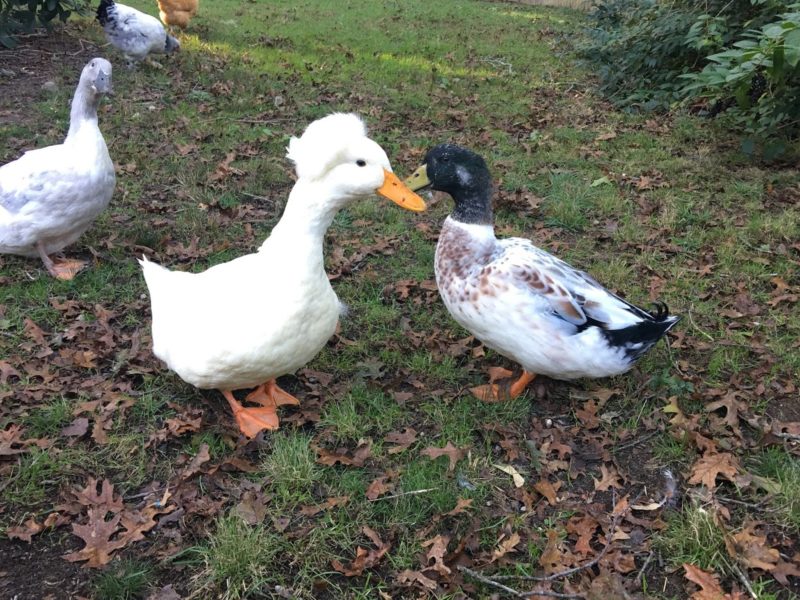
Acceptance
When an animal passes on our little farm it is still sad. I wouldn’t say it gets easier the more it happens, but it does get easier to accept. Death is a natural part of life. I appreciate and love the animals we care for – for as long as we are allowed to care for them.
Homesteading is rewarding and not for the faint of heart. There are good days and hard days. The hardest days are certainly the ones overshadowed by death, but they do make me appreciate the good days all the more. The days I get to start my day being greeted by a cacophony of clucks & quacks, the summer afternoons where I relax in the sun watching my flock pick and scratch their way around the yard, looking out my kitchen window to see my alpacas peacefully grazing, the sweet evening nuzzles of furry bunny noses as I groom them – those are the moments that make dealing with death easier.
If I might quote those cute little singing Disney characters:
It’s the circle of life
And it moves us all
Through despair and hope
Through faith and love
Till we find our place
On the path unwinding
In the circle
The circle of life
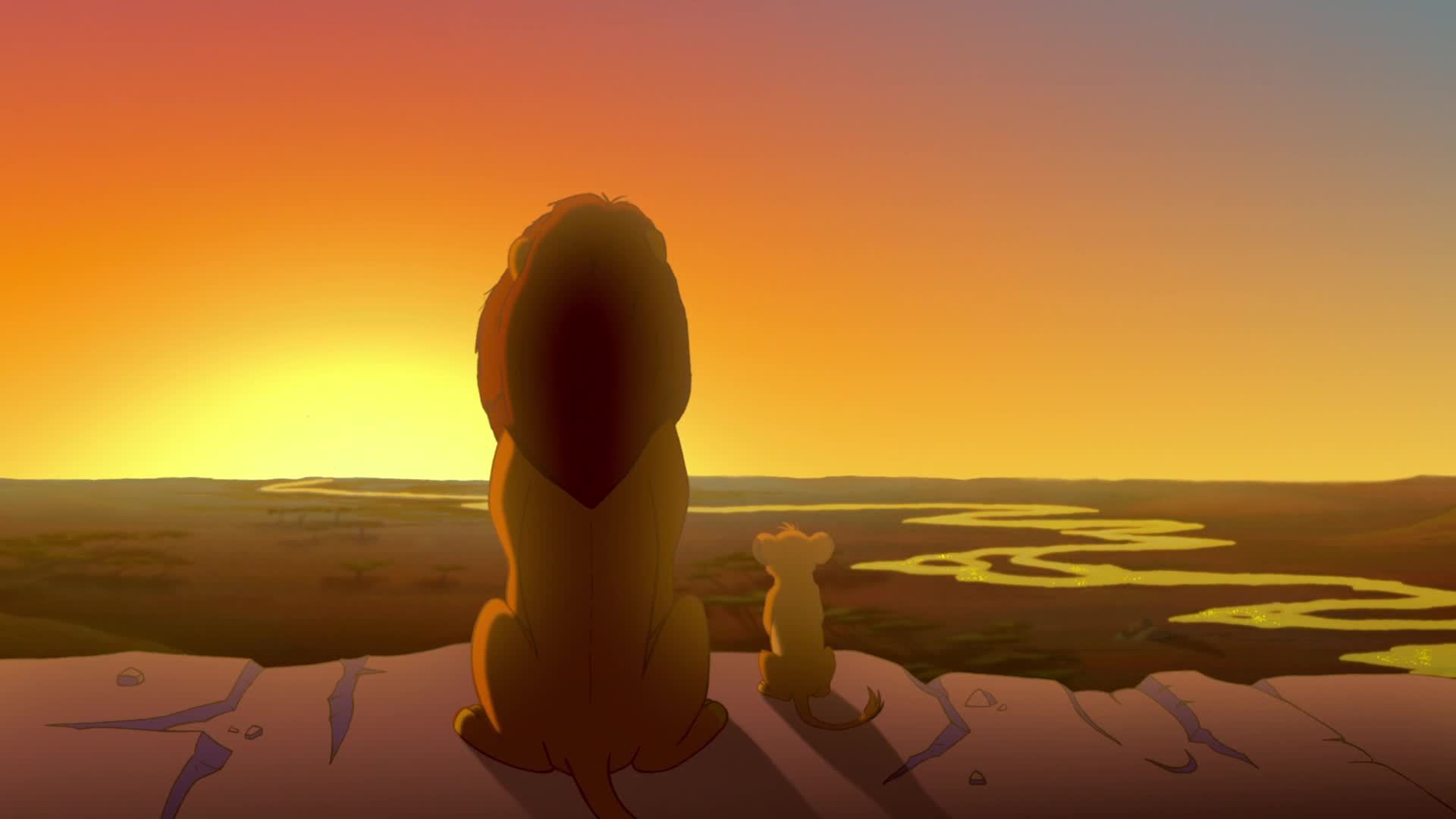
And because I hate to leave people with sad feelings – here is an adorable video of crazy happy ducks in a puddle! If that happy little duck tail doesn’t make you smile, nothing will! 🙂
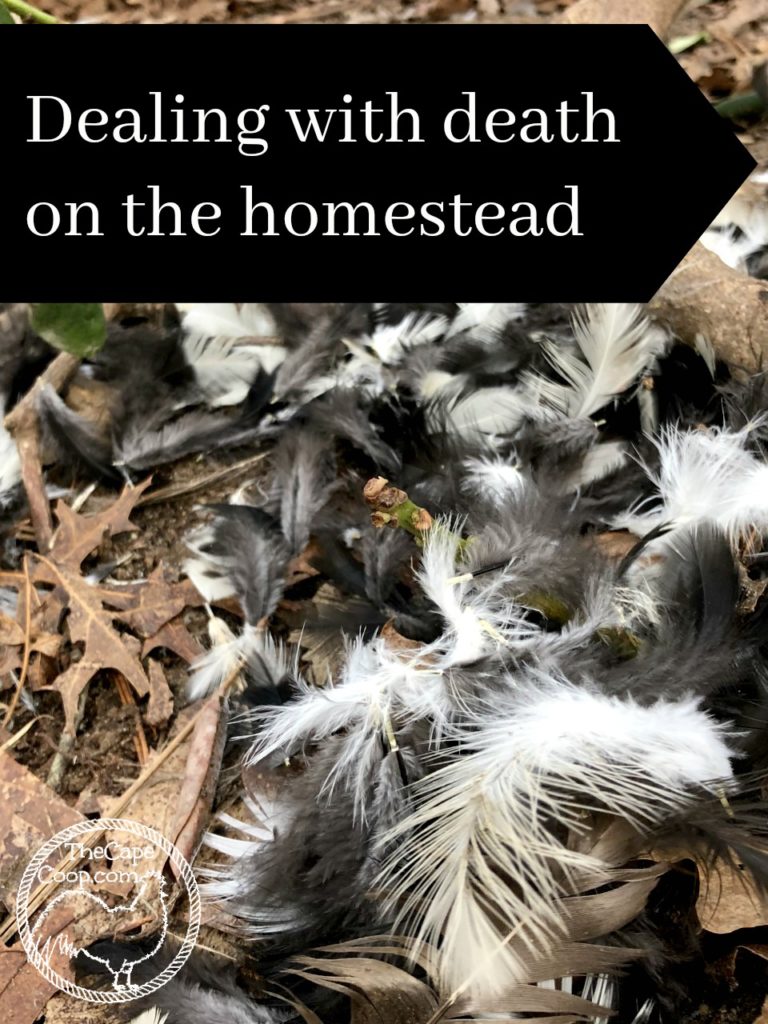
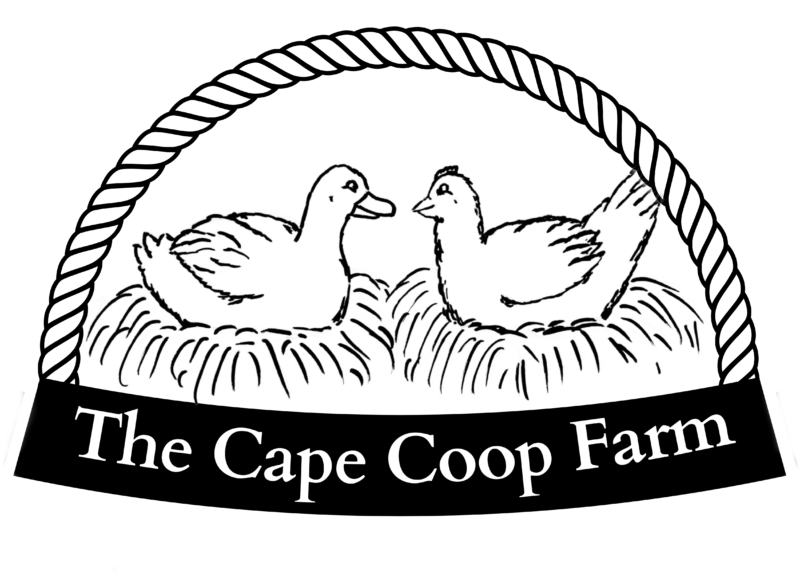
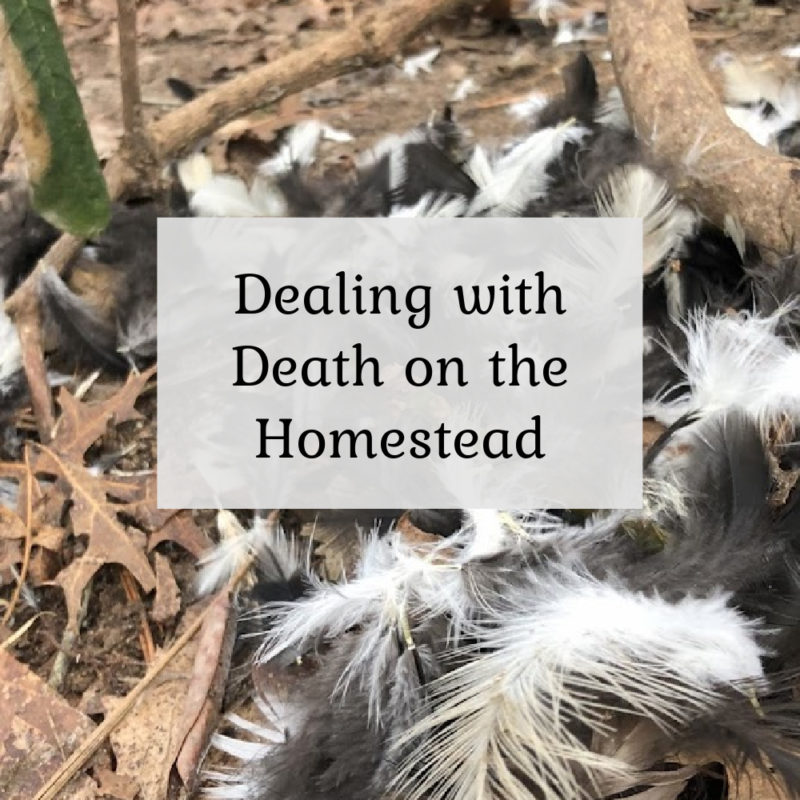

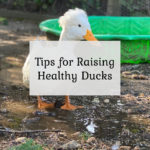
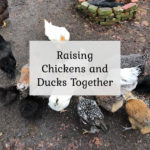
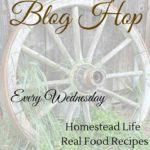
Ivy
Tuesday 30th of April 2024
Thank you for this. I lost a goat today. I’m not even sure what happen. We lost a couple of chicks last week. It’s sad and I was looking to see if other homesteaders deal with it too. I appreciate your article.
Liz
Thursday 2nd of May 2024
I am glad I could provide some comfort, it is never easy to lost an animal. I am sorry for your losses
Brooklyn
Sunday 24th of April 2022
Thank you for writing this. I stumbled upon this article today after going out this morning and finding that a fox had taken 3 of my beloved ducks in the night. I cried and cried and have spent all day feeling really down and like I was to blame.
Reading this article has helped keep things in perspective. I grew up in a rural environment and have experienced similar incidents before but this one hit home.
Remembering that it is the “circle” and that all I can do is give them the best life possible (within reason) and keep them as safe as I can (knowing there are limits), has been a helpful and compassionate reminder.
I love your site and thank you again for all the work you have put into it.
Liz
Tuesday 26th of April 2022
I am so sorry for your loss Brooklyn, I am glad this brought you some comfort
Nancy@LittlehomesteadinBoise
Thursday 12th of November 2020
And cute ducks!!! Wish we had the room for some
Nancy
Thursday 12th of November 2020
I certainly identify with what you're talking about. We have three hens right now which is about what we've usually have in the past. We keep our chickens for egg production only . When they pass away we find a nice spot to bury them in the garden . Early on when I was a new chicken keeper I lost them to worms which I didn't catch early enough. I had another three month old hen that I heard making a terrible racket the one I went outside there was a Black Hawk holding her down which I was able to scare off. Was actually kind of funny that it flew off with her oh, she was white, and the next thing I knew she was swimming and a boxwood plant! Not a mark on her and she was fine and they did put her back in the Run. All the other chicks were pretty freaked out as well. I got a lawn chair and sat there for a while till the hawk left. Last year we had two new hens and lost both of them to a dog that dug under a backyard fence, happened in two days. Just about killed me I felt so bad that we haven't noticed that. We rebuilt part of the fence and keep the yard a lot more secure. One of those sad things in life and yes ours are more like pets to me although not to my husband. You get attached to them when you have a small flock and you raise them from babies. I have two right now that are going on six or seven years old and so far they seem to be the tough ones hanging in there. I just tried to visualize them up and chicken Heaven flying around and having a great time with each other!
Liz
Sunday 15th of November 2020
It can be certainly hard when you lose them, but they bring me so much joy I wouldn't change it. I like to think that when my time comes I am going to be greeted by the biggest animal stampede ever!
M. Spencer
Thursday 23rd of May 2019
We are so happy to have found your blog and it helps us a lot. We really appreciate your style and common sense advice. There is a well-known 'chicken lady' blog out there in Maine, but we've been totally put off by her sometimes pompous, know-it-all, condescending and somewhat 'brag-gy' attitude. Your site has provided much important information in a nice and pleasant way. Thank you so much.
Liz
Thursday 23rd of May 2019
Thank you! Welcome, I’m glad you found us! ❤️?